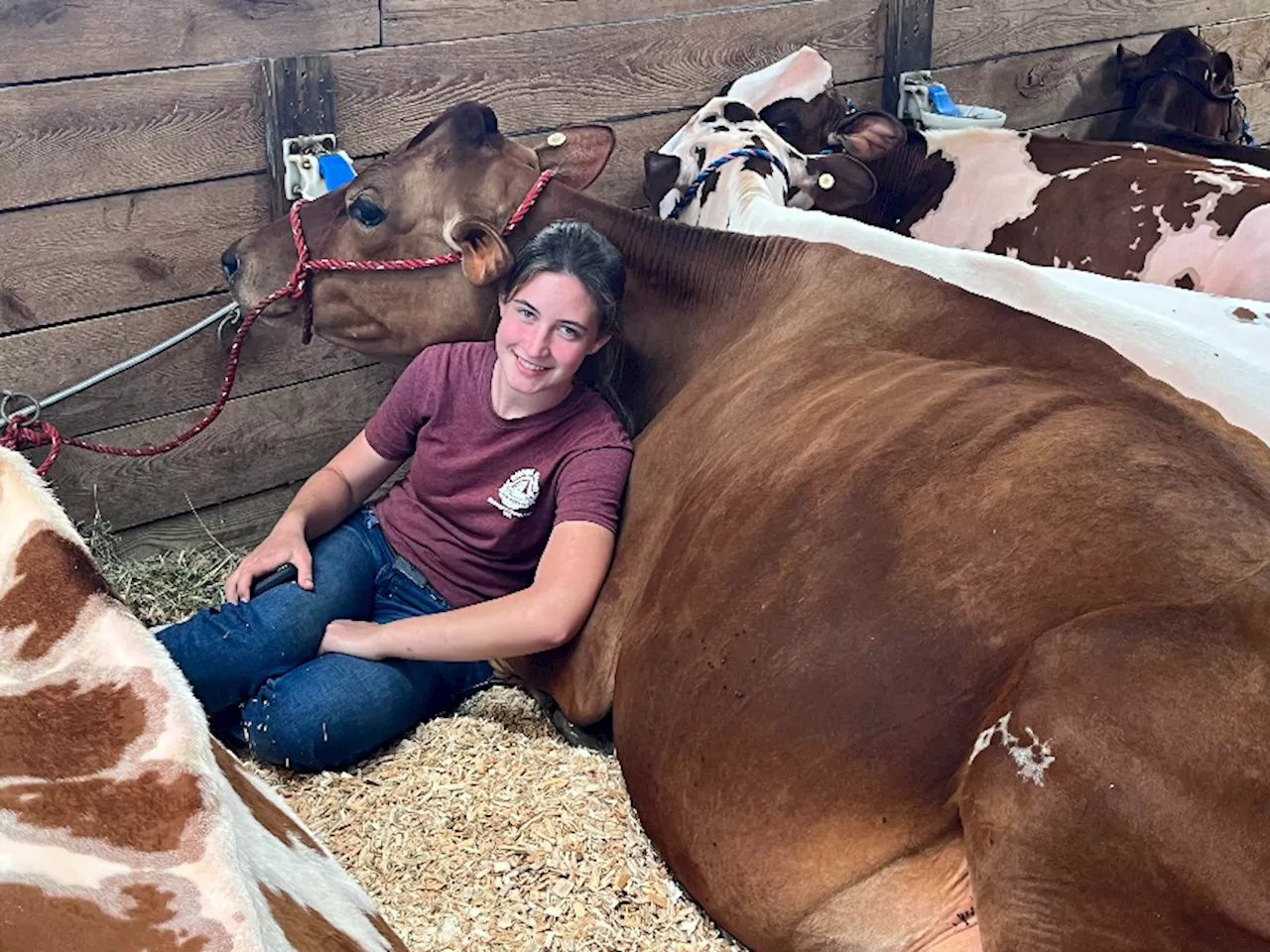A recent update to the Global Methane Budget reveals that livestock and their manure are now the biggest contributors to methane emissions, surpassing fossil fuels. Despite growing policy focus on reducing this potent greenhouse gas, methane levels continue to rise.
You might think that fossil fuels score at the very top level of methane emissions levels, but they don’t. It’s cattle and manure, according to a recent, which updates its Global Methane Budget every few years. They say that despite an increasing policy focus on methane as a potent greenhouse gas , methane emissions continue to rise.— is dependent on cutting methane emissions as rapidly as possible. Methane has to be cut almost in half by 2050 to achieve that goal.
Decreasing enteric CH4 emissions and nutrient excretion in feces and urine by growing and finishing beef cattle is an important climate-related goal. There is much research being published aboutin terms of greenhouse gas emissions intensity. The emissions intensity is expressed in kilograms of “carbon dioxide equivalents” — which includes not only CO2 but all greenhouse gases — per kilogram of food, per gram of protein, or per calorie.
Methane Emissions Cattle Fossil Fuels Climate Change Greenhouse Gas
United States Latest News, United States Headlines
Similar News:You can also read news stories similar to this one that we have collected from other news sources.
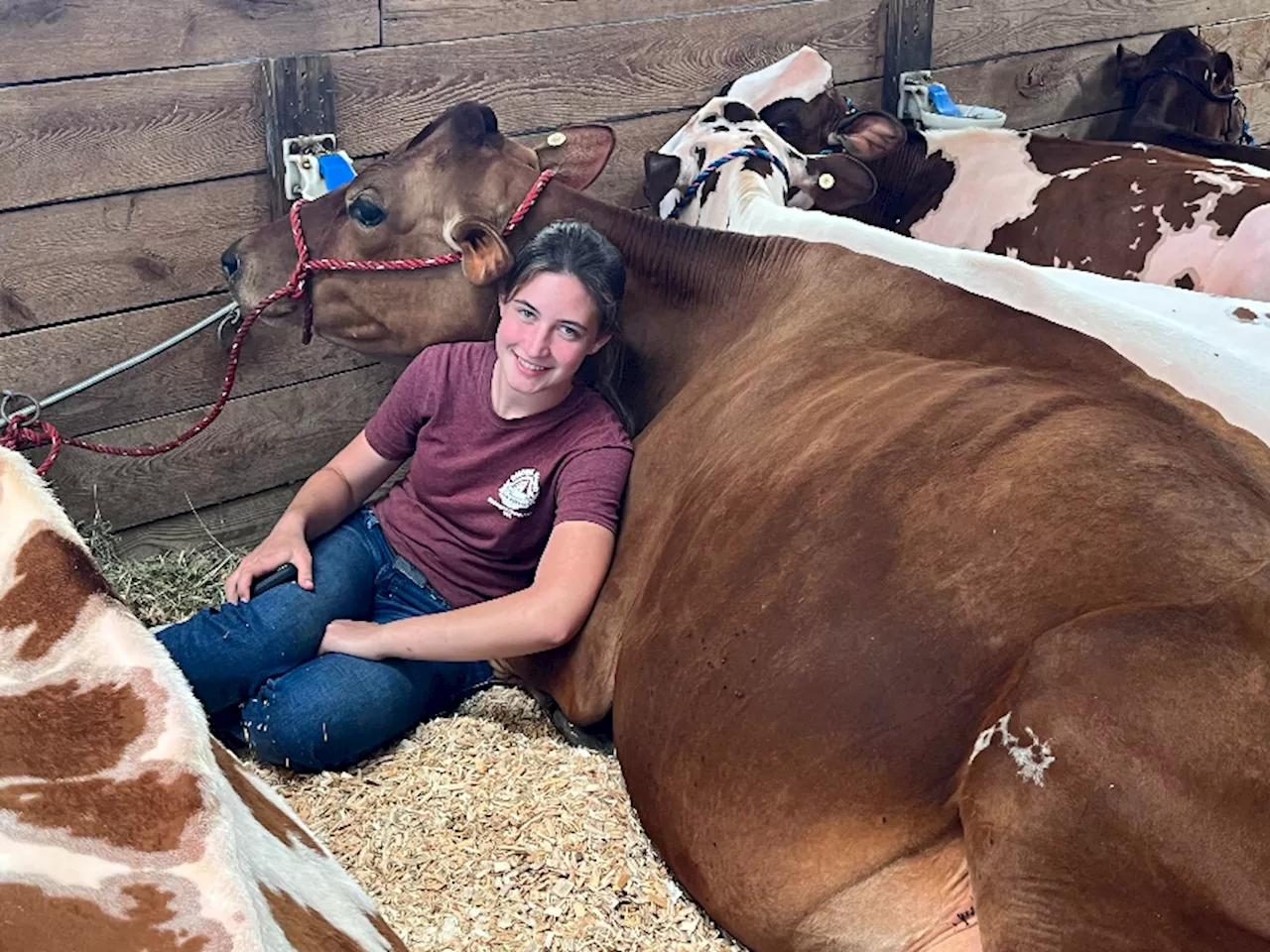 What Is The Biggest Contributor To Methane Emissions: Fossil Fuels Or Cattle?Consumers can help reduce climate change impacts, especially methane emissions, by choosing what they eat wisely.
What Is The Biggest Contributor To Methane Emissions: Fossil Fuels Or Cattle?Consumers can help reduce climate change impacts, especially methane emissions, by choosing what they eat wisely.
Read more »
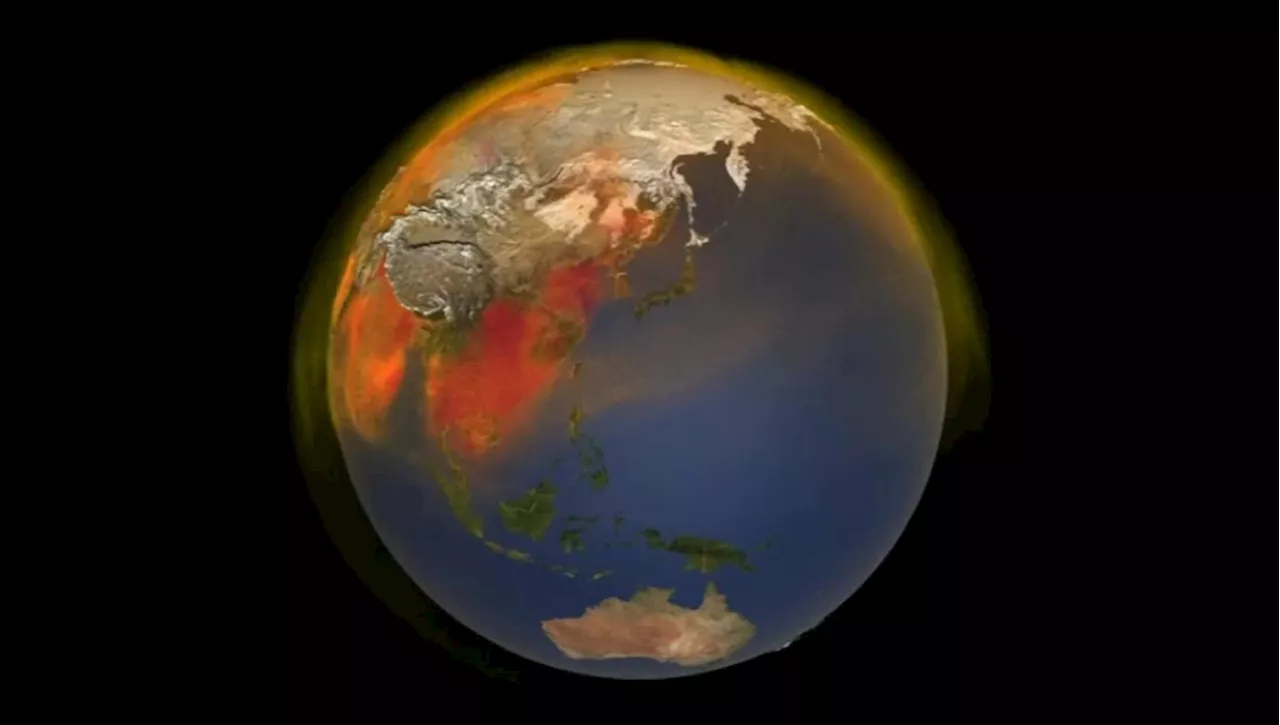 NASA’s Entrepreneurs Challenge Prize Winner: New AI Method Transforms Global Methane DetectionScience, Space and Technology News 2024
NASA’s Entrepreneurs Challenge Prize Winner: New AI Method Transforms Global Methane DetectionScience, Space and Technology News 2024
Read more »
 Human activity now fuels two-thirds of global methane emissions, report findsGlobal methane emissions have risen faster than ever over the last 5 years, with at least two-thirds of annual methane emissions coming from human activities.
Human activity now fuels two-thirds of global methane emissions, report findsGlobal methane emissions have risen faster than ever over the last 5 years, with at least two-thirds of annual methane emissions coming from human activities.
Read more »
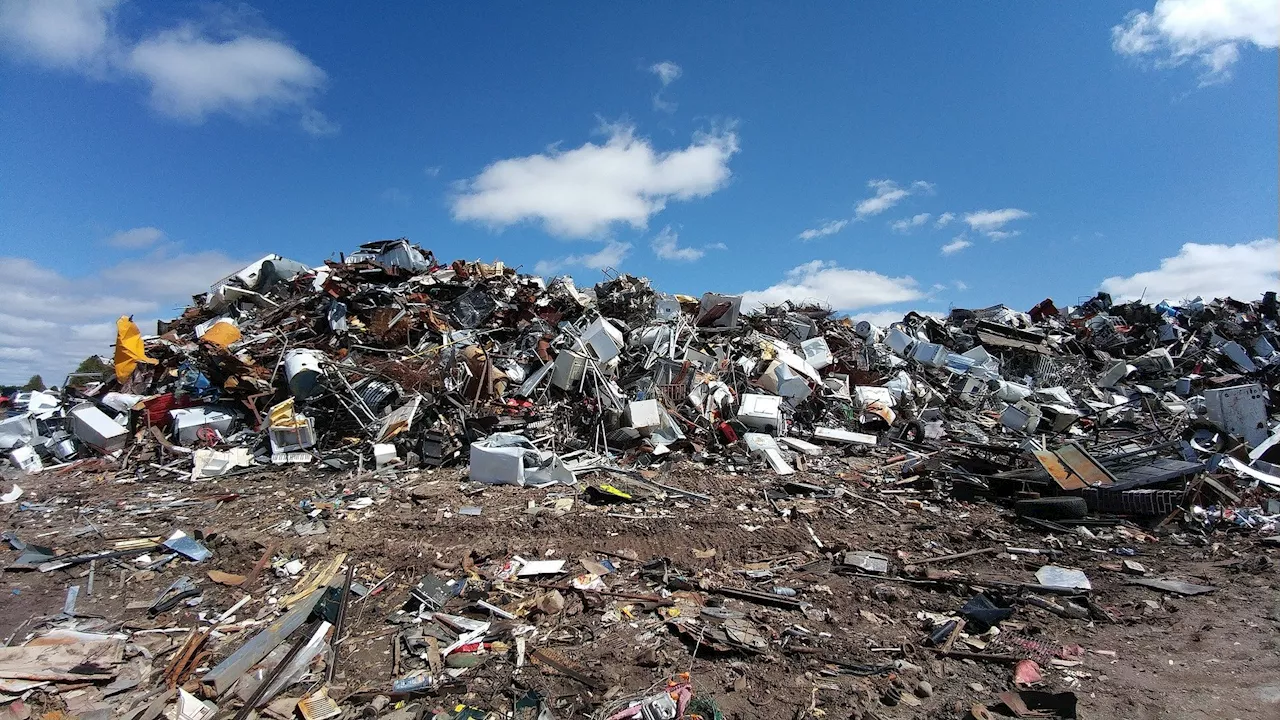 Methane emissions are rising faster than ever, research showsThe world has not hit the brakes on methane emissions, a powerful driver of climate change. More than 150 nations have pledged to slash by 30% this decade under a global methane pledge, but new research shows global methane emissions over the past five years have risen faster than ever.
Methane emissions are rising faster than ever, research showsThe world has not hit the brakes on methane emissions, a powerful driver of climate change. More than 150 nations have pledged to slash by 30% this decade under a global methane pledge, but new research shows global methane emissions over the past five years have risen faster than ever.
Read more »
 Could manure and compost act like probiotics, reducing antibiotic resistance in urban soils?Research suggests that, in some cases, boosting urban soil health with compost and treated manure may reduce the amount of pathogenic and anti-biotic resistant bacteria.
Could manure and compost act like probiotics, reducing antibiotic resistance in urban soils?Research suggests that, in some cases, boosting urban soil health with compost and treated manure may reduce the amount of pathogenic and anti-biotic resistant bacteria.
Read more »
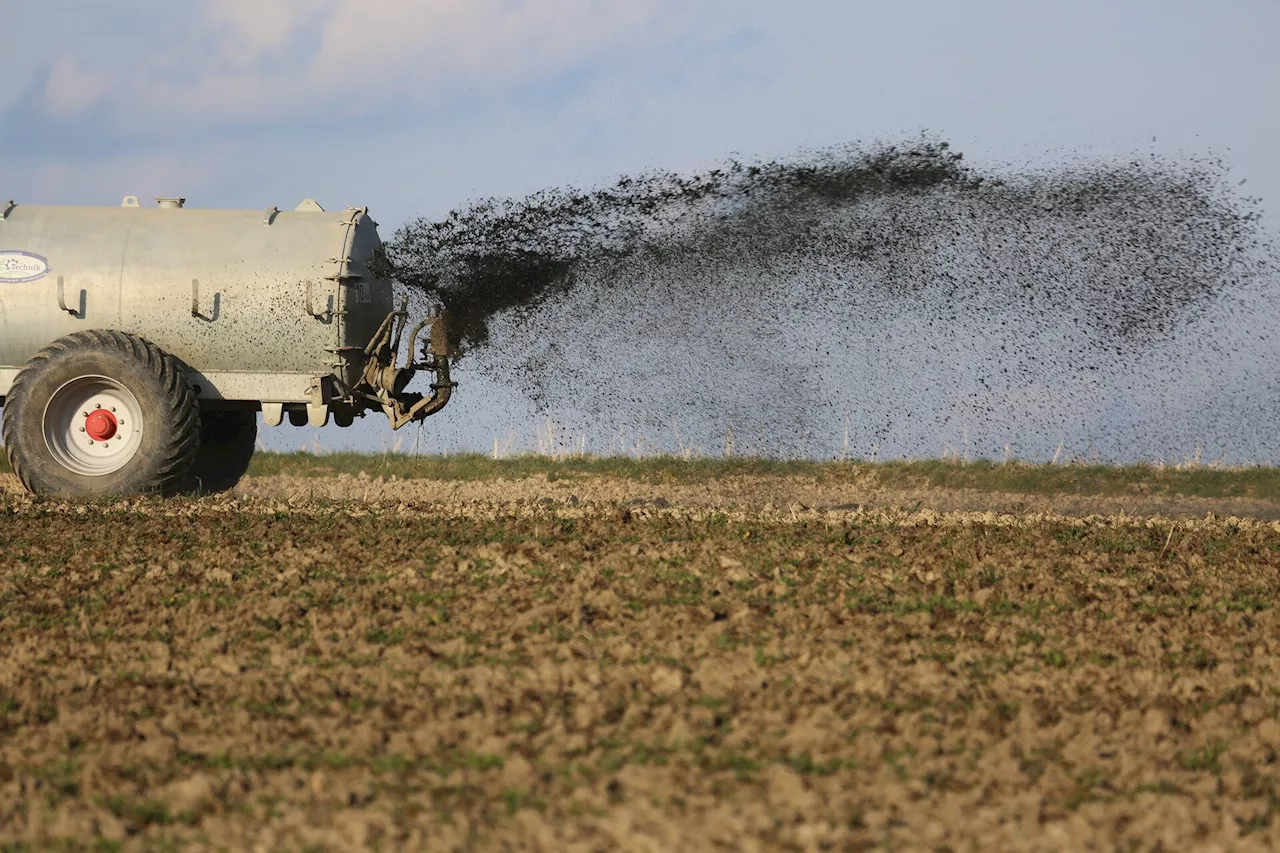 Human manure or 'nightsoil' makes great crop fertilizer—but attitudes to poo-grown produce differ drasticallyWould you eat potatoes grown in human poo? And how would you feel if the marigolds in your local park sprouted from human manure? In the midst of climate crisis, human manure offers significant environmental benefits.
Human manure or 'nightsoil' makes great crop fertilizer—but attitudes to poo-grown produce differ drasticallyWould you eat potatoes grown in human poo? And how would you feel if the marigolds in your local park sprouted from human manure? In the midst of climate crisis, human manure offers significant environmental benefits.
Read more »
